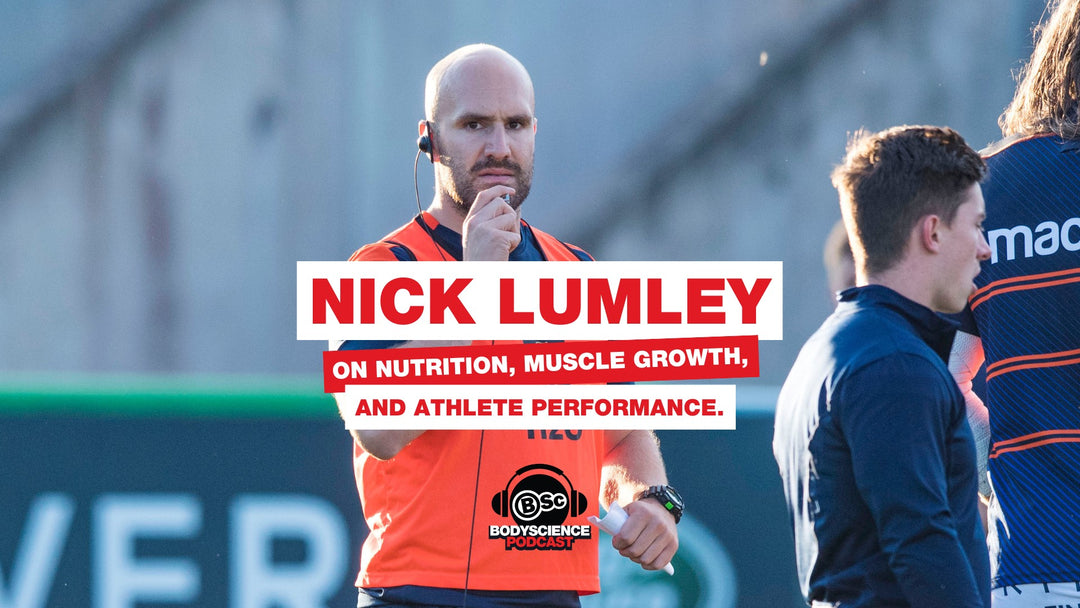Author; from the experts at BSc®

Have a great support network of health professionals
GP’s, dietitian’s and exercise physiologists are a great support network for training during your pregnancy. These health professionals can plan, guide, coach, monitor and support you through your pregnancy with training advice specific to you and your pregnancy needs. Ask your local GP to refer you to a registered dietitian and exercise physiologist.
Accept “modifications” to your training
Modifying your training and exercising will be ongoing during the term of your pregnancy so it is important to take each day as it comes.
It is a great idea to have a variety of training and exercising options such as training with a buddy or group of other expecting mum’s, signing up for “pregnancy-specific” classes like Pilates, Yoga or deep water classes as a low impact alternative for keeping your mind, body, and bubba healthy.

Nourish your body regularly
Now that you are “eating for two” (or maybe three or more) during the pregnancy, you will require additional calories to maintain metabolic homeostasis. Planning your meals with additional calories around training times will ensure you meet the energy needs of both the exercise and your pregnancy. Speak with your GP and registered dietitian about the best foods for fuelling you during your pregnancy.
It’s getting HOT in here!
Removing excess heat from your body during pregnancy is important so you should consider a few things such as your:
1) Workout location; is it air-conditioned, outdoors, or fans?
2) Clothing; choose clothing that is breathable and moisture-wicking properties
3) Pre hydration; avoid dehydration by consuming water before exercise and continue to sip regularly.
4) Avoid exercise in hot, humid weather, or if you have a fever.
Water
The benefits of keeping yourself properly hydrated during pregnancy are numerous. Drinking 2 – 3 litres of water per day is vital for the health of you and your baby. It assist with carrying nutrients through your body to your baby, it helps maintain healthy levels of amniotic fluid, and can even help prevent bladder infections, constipation, and swelling, which are common complaints during pregnancy. Keep your water bottle close and always have a few backups in the fridge ready to go.
Massage and Sleep
With all the changes happening in your body, chances are your energy levels will be up and down. Sleeping (at least 8 hours each night) will help your body adapt to all the changes, and pregnancy massages are a great way to help you sleep. The benefits of massage include reducing stress and anxiety, sore back, and hips, headaches associated with pregnancy, pregnancy-related RSI, restless legs, sleep deprivation, and tiredness.
















